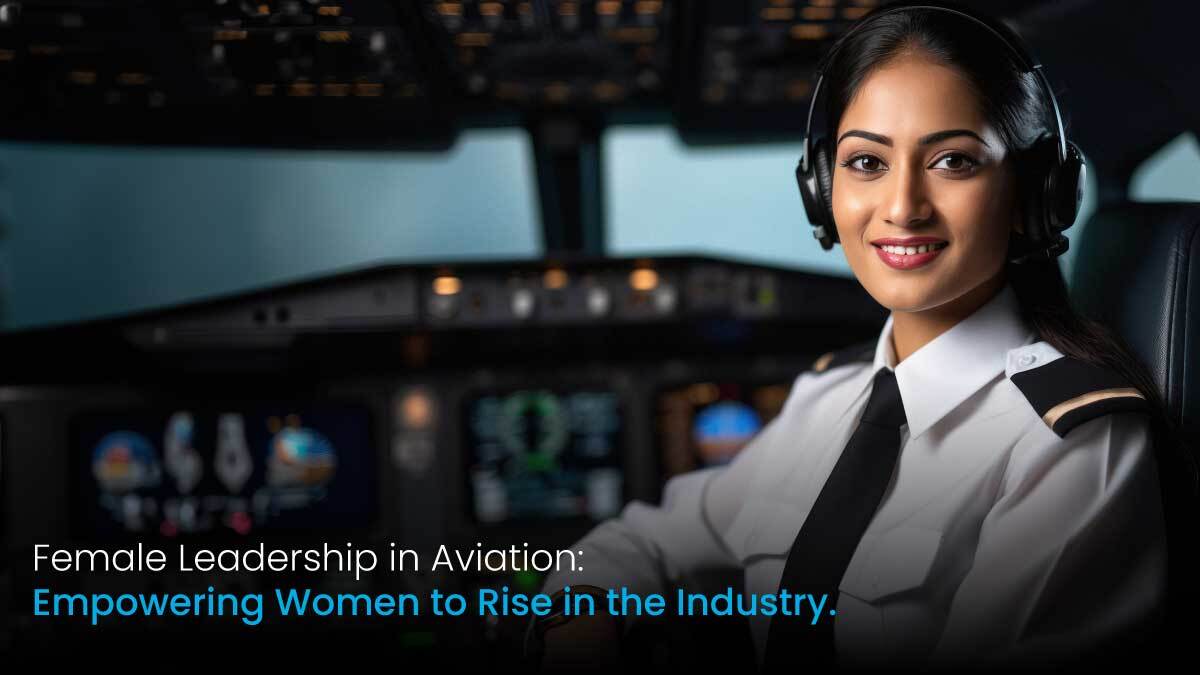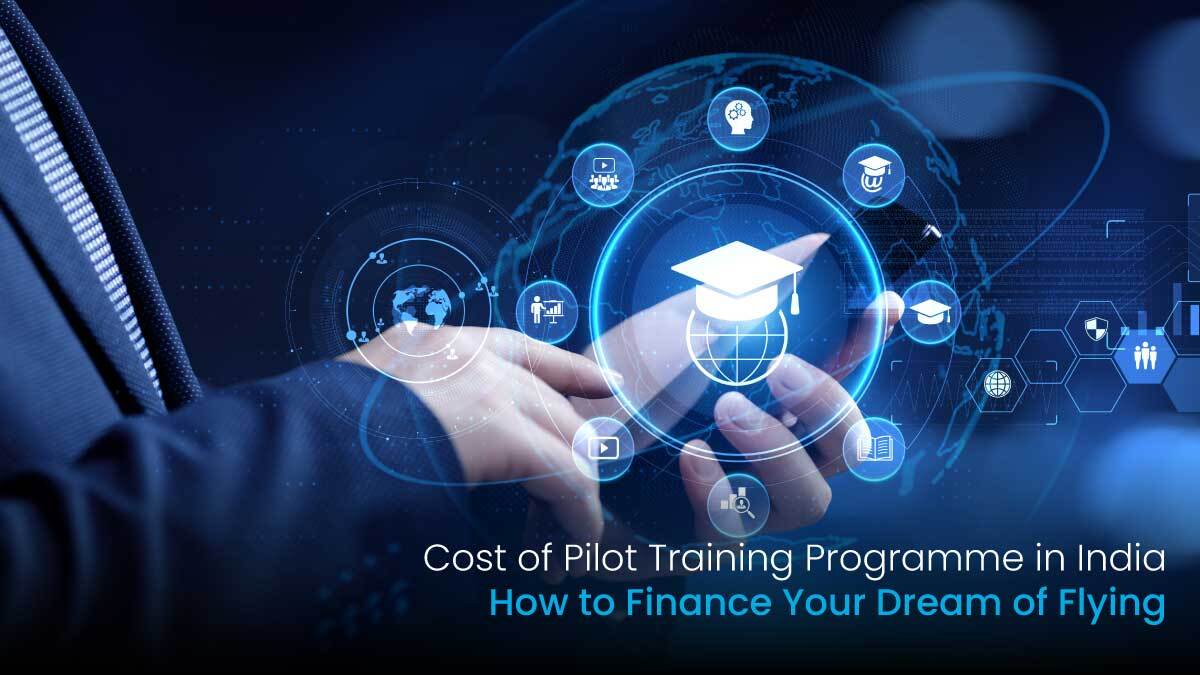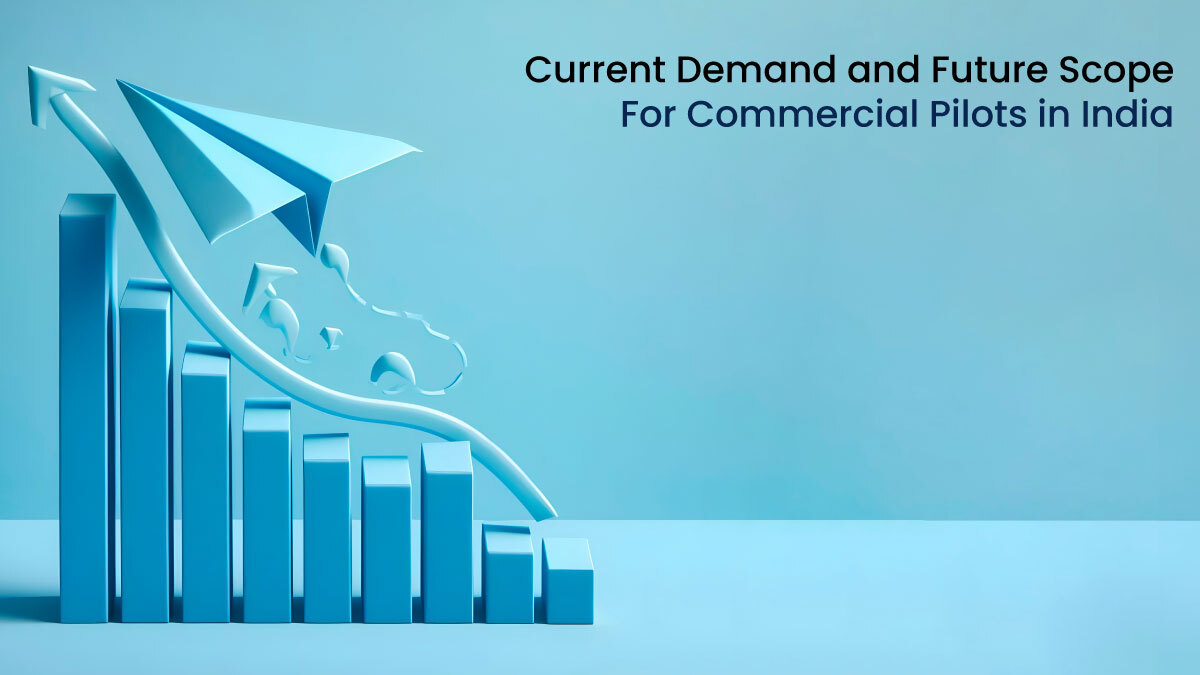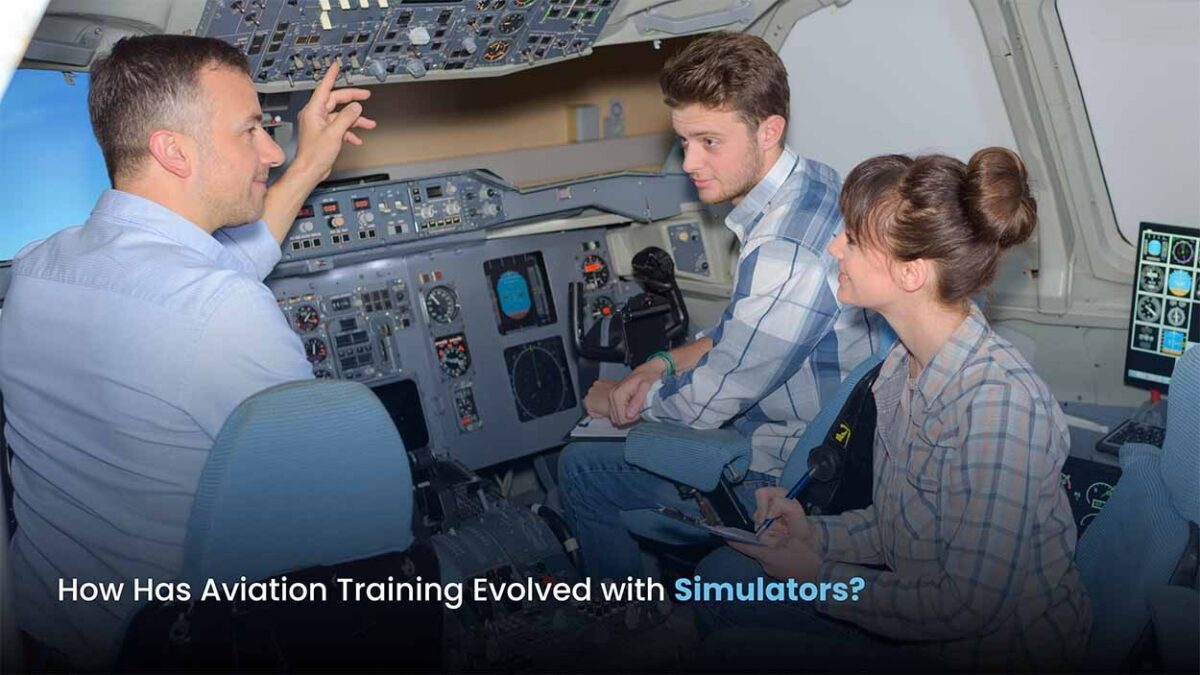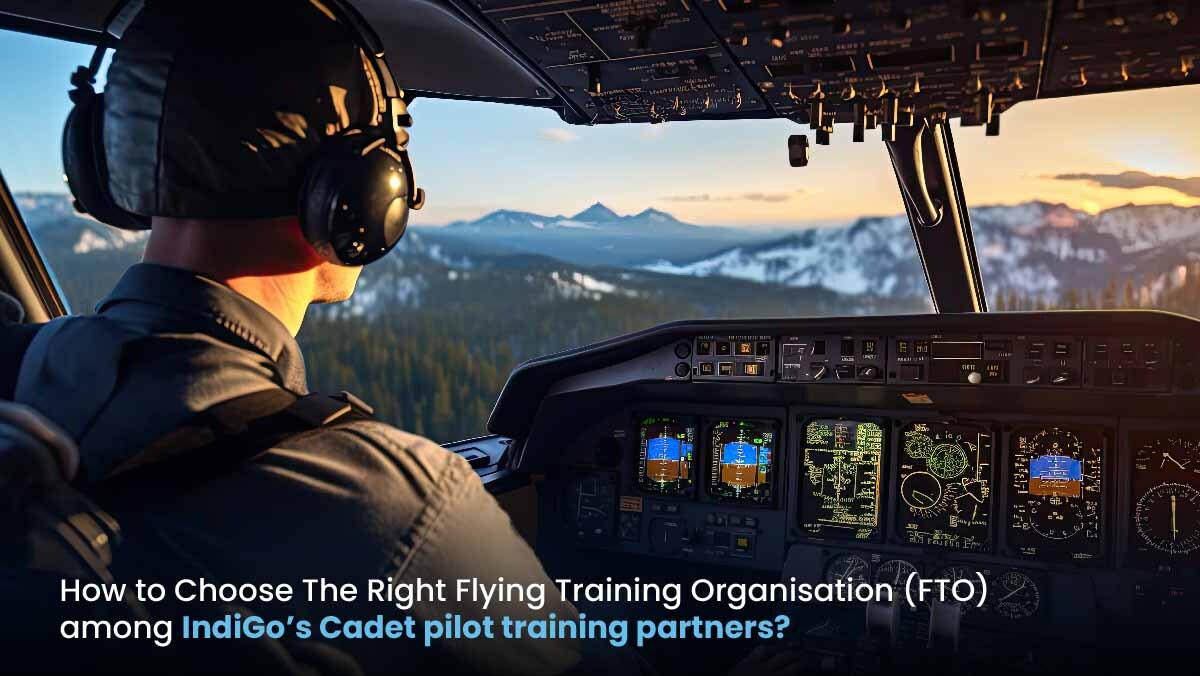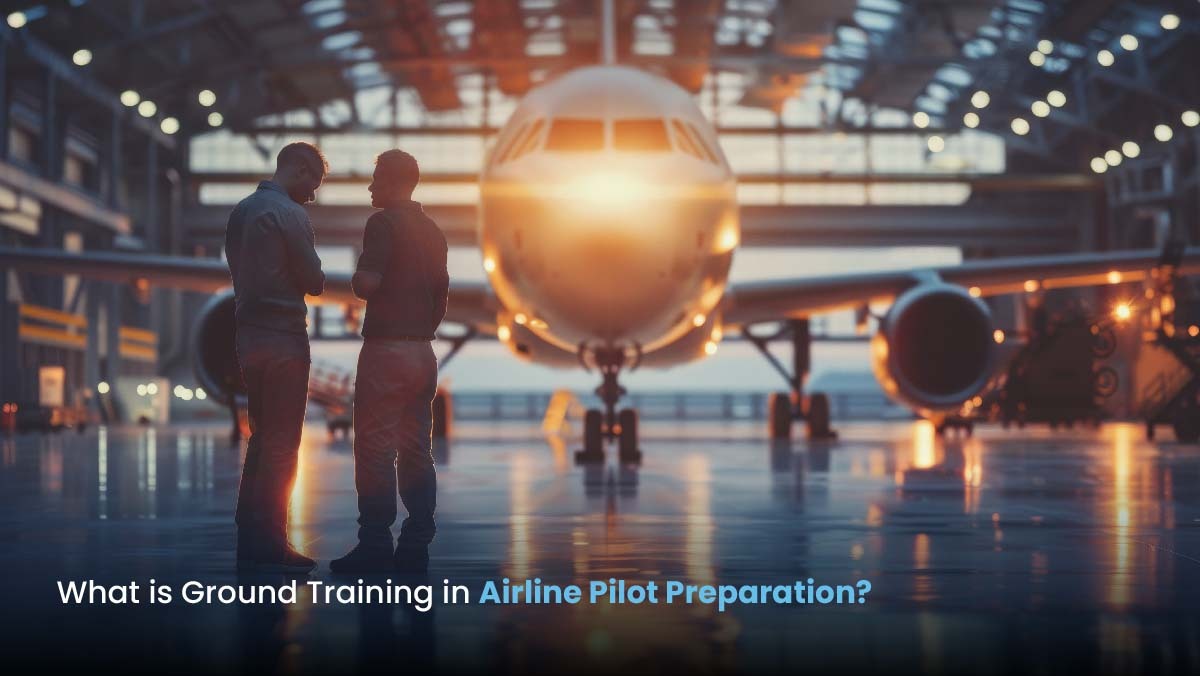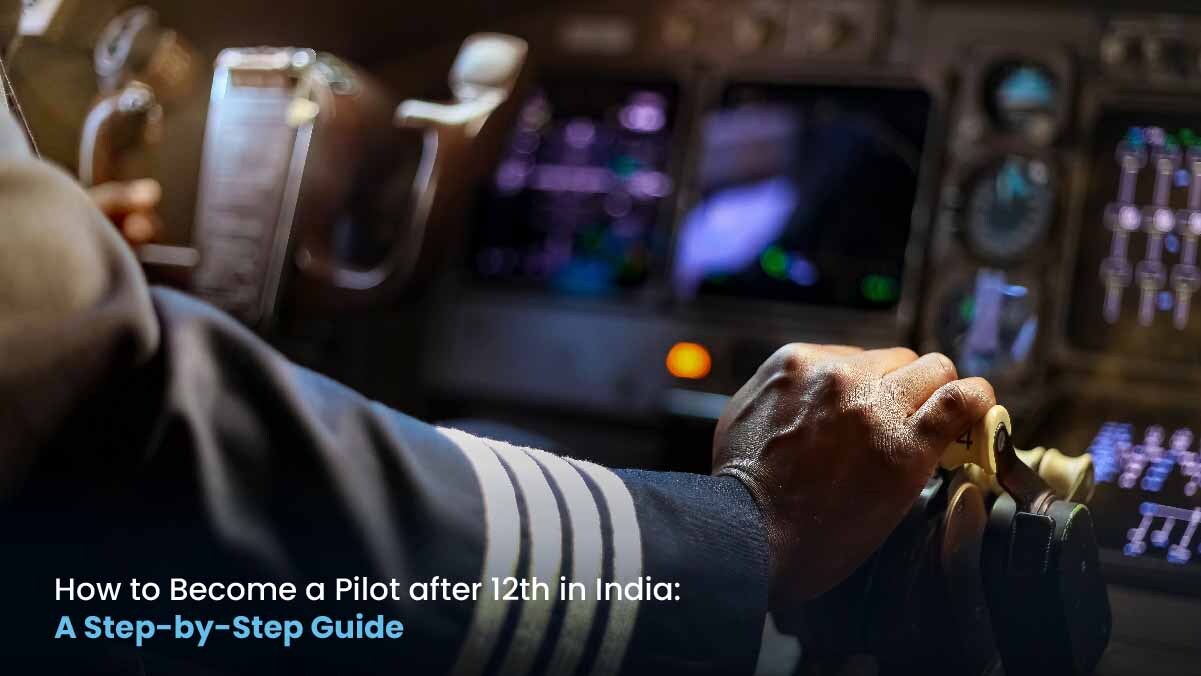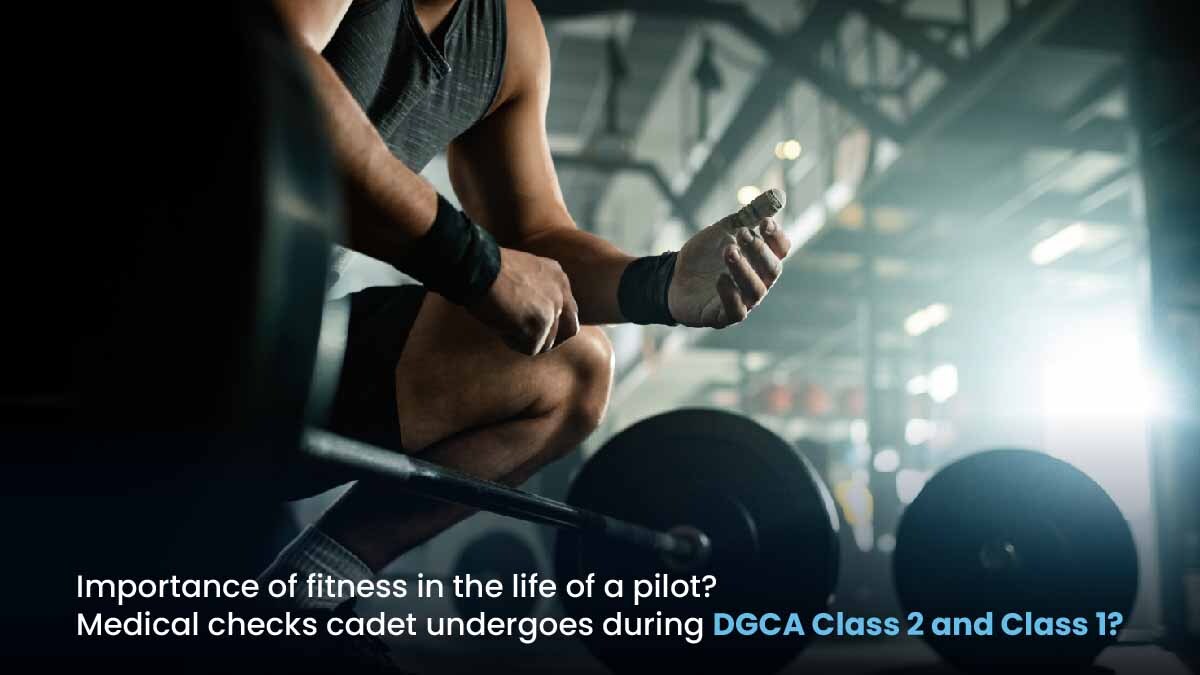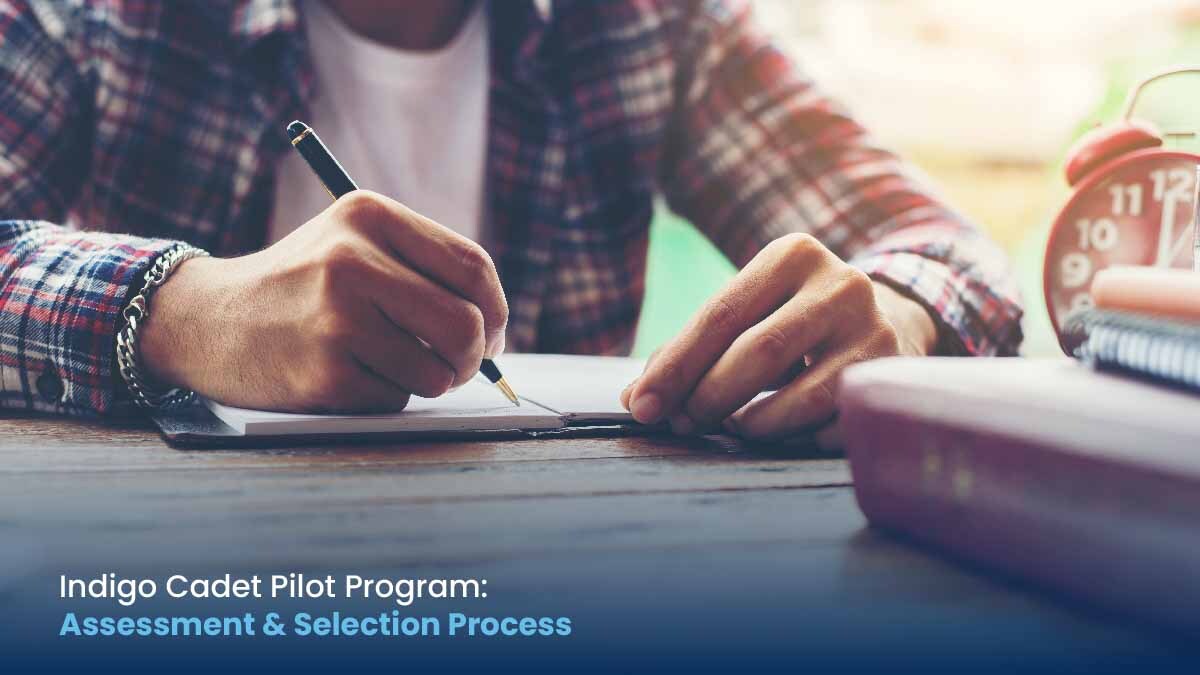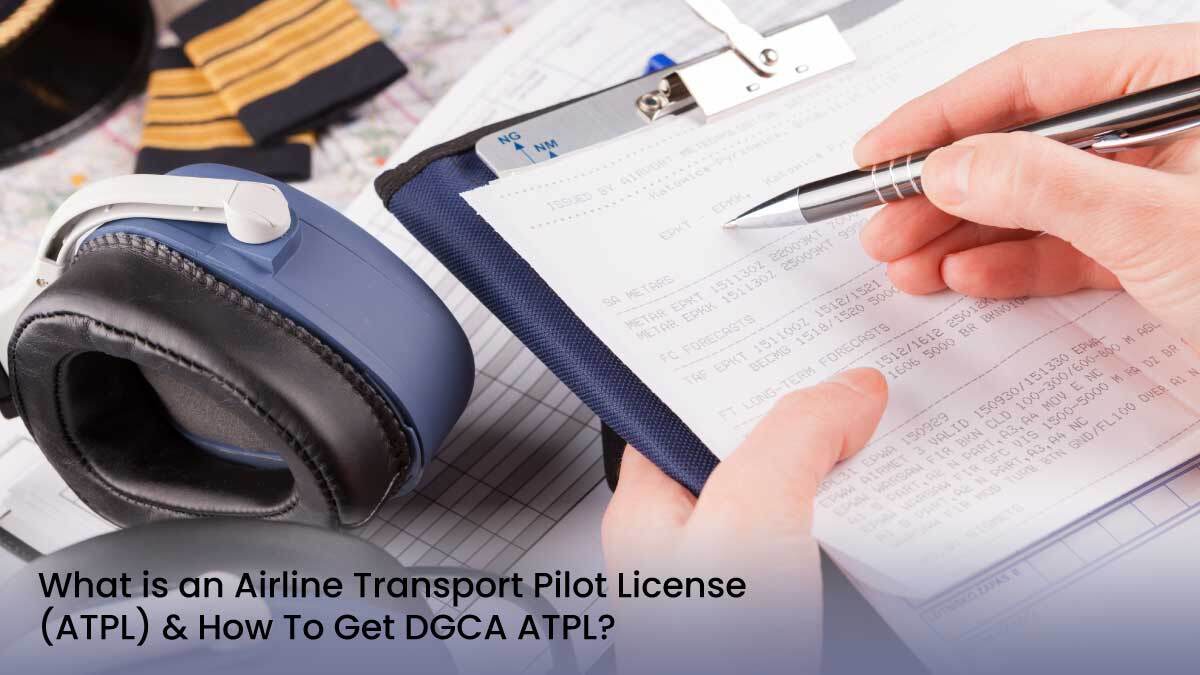
The skies above us are no longer a place owned by men only. A new spark can be seen as a new revolution is taking flight in the aviation industry, which is very much fueled by the surprising rise of female leadership. Women are now all buckled up and are breaking barriers, challenging all the kinds of difficulties coming their way, and making their mark in every corner of this dynamic field.
Breaking the Barriers: Early Leaders
The First Female Pilot in India
The inspiring and heroic story of Sarla Thakral, the very first female pilot in India, is nothing less than a remarkable tale to tell for ages to come and inspire them from head to toe. In 1936, at the very tender and early age of 21, when kids roam freely and are confused about what they should do with their lives, at that time, she earned her aviation pilot licence, becoming a beacon of hope and truly a trailblazer for future generations of female aviators.
World Icons
Women like Amelia Earhart, Bessie Coleman, and Harriet Quimby broke the barriers and led the way for all the women trying to become a part of the aviation industry. Earhart was the first female pilot to fly solo across the Atlantic Ocean, Coleman was the first African-American female pilot to hold a license to fly, and Quimby was the first American to obtain a pilot’s license.
Everything to know for becoming a Pilot
If you are a passionate young woman in India and are searching for how to become a female pilot after the 12th, then you are at the right place. Here’s a detailed list of things to get you started
- Eligibility requirements: You must meet all the basic requirements, including your age, education (10+2 with Physics and Mathematics), and medical fitness.
- Obtain a Student Pilot License (SPL): This is the stepping stone towards becoming a pilot. You will need to pass both a written test and a medical test.
- Get in a Flight Training School: Select a highly reputed flight school that provides comprehensive training programs like ours, including ground school and flight instruction.
- Take the next step to a Commercial Pilot License (CPL): This is the license that you will need to fly commercially. It includes further training and exams.
- Upgrade Experience: Building flight hours is an essential part of securing airline jobs. Consider working as a flight instructor or in any other aviation role to gain the required flight hours.
Advancing the Leadership by Females in Aviation
While the records of women in aviation are filled with trailblazers like Sarla Thakral, Amelia Earhart, Bessie Coleman, and Harriet Quimby, development closer to gender parity can be seen as slow growth in many regions. Globally, girls still represent a small percentage of pilots, mechanics, and other key leadership positions.
However, a brand new narrative is unfolding in India, where women are not only breaking boundaries but also shattering glass ceilings.
India: A Beacon of Hope for Women in Aviation
India is leading the charge, with an outstanding 15% of its pilots being ladies, exceeding the global average of 3-6%. This inspiring figure displays the country’s dedication to fostering an extra-inclusive and diversified aviation industry.
Leading the Way: IndiGo’s Commitment to Gender Equality
IndiGo, India’s biggest airline, is at the forefront of this movement. With over 680 female pilots, the highest of any airline worldwide, and a 44% female workforce, IndiGo is a shining example of what’s possible when organisations actively champion gender diversity.
Beyond the Cockpit: Women in Every Role
The upward push of women in aviation isn’t constrained to the pilot’s seat. While they preserve 14.2% of student pilot certificates and 73% of flight trainer certificates, they may additionally make their mark in different regions, such as air traffic control and airport management.
A Bright Future Ahead:
The momentum is undeniable. While girls might also keep only 7.0% of commercial pilot certificates and 4.6% of airline transport pilot certificates inside the U.S., the number of woman pilots in India is developing at an impressive rate, with an almost threefold boom in the number of girls receiving CPLs in recent years.
This positive fashion isn’t about numbers; it is about growing a more dynamic, progressive, and inclusive aviation industry. Women bring specific perspectives, abilities, and reviews to the desk, improving protection, performance, and standard performance.
Your Journey Begins Here:
If you are a younger girl in India with a passion for aviation, the sky is definitely the limit. Whether your dream is to become a pilot, engineer, air traffic controller, or tackle any other role in this interesting industry, the possibilities are considerable. The direction can also have its challenges, but with determination, hard work, and the assistance of a developing network of woman aviators, you can leap to new heights.
Conclusion
The increasing presence and participation of female leadership in aviation brings a transformative shift in the industry. By addressing all the challenges, promoting equality, and acknowledging the utmost value of being diverse, the aviation industry can now achieve new heights with a more inclusive and empowered workforce. As more women taking the charge of leadership roles, they laid down the way for future generations to come, proving that the skies are indeed limitless.
FAQs
1. What impact do women have in the aviation industry?
The impact a woman brings in any industry is nothing one can describe in words, and especially in the aviation industry, it is impeccable as it brings fresh perspectives, builds innovation, and significantly contributes to the industry’s growth and diversity.
2. What percentage of pilots are women?
When we look at the global data, we finds that currently women takes up 5-7% of commercial pilots, with ongoing efforts to increase this number.
3. What are the challenges faced by women in aviation?
Women have to face many challenges like gender stereotypes, work-life balance, and lack of mentorship and support. But still with a brave heart and perseverance, they stand tall and overcome all these challenges.
4. How can women in the aviation industry be empowered?
Women in the aviation industry can be empowered by promoting equal opportunities, establishing leadership development programs, and by advocating for better work-life integration.

